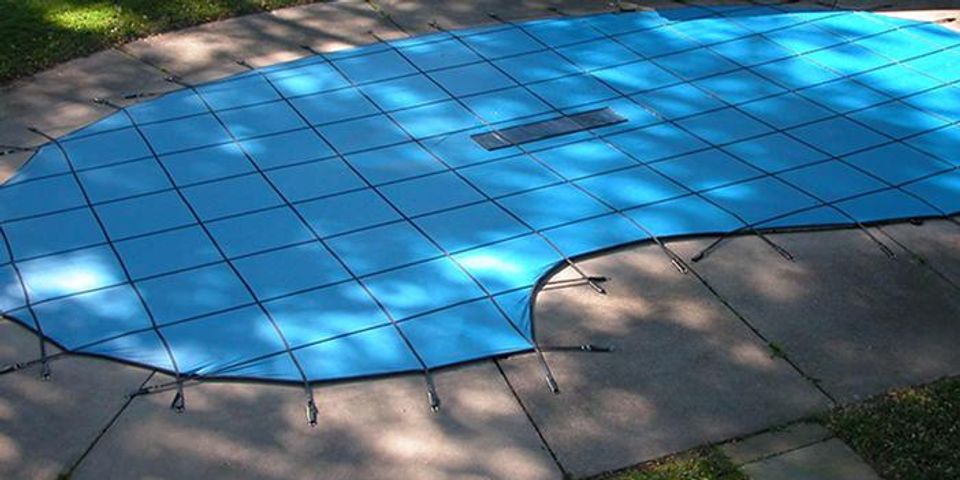Frequently Asked Questions on Closing Down Swimming Pools for Winter

Homeowners with swimming pools can enjoy the summer in refreshing water. However, when autumn rolls around and the weather cools off, closing it down can be a challenge. To help with the process, B & H Pool & Patio, a family-owned pool supply store in High Point, NC, has answered some of your questions.
FAQs on Closing Your Swimming Pool
When Should I Close My Pool?
 As summer winds down, you probably want to get as much use out of your pool as possible. If you close it too early, however, you risk algae growth and other issues that will require more work when you open it back up in the spring. The best time to begin closing your swimming pool is when the water temperature is consistently below 65 degrees, which usually occurs in late summer or early fall. In North Carolina, this could be as late as early October.
As summer winds down, you probably want to get as much use out of your pool as possible. If you close it too early, however, you risk algae growth and other issues that will require more work when you open it back up in the spring. The best time to begin closing your swimming pool is when the water temperature is consistently below 65 degrees, which usually occurs in late summer or early fall. In North Carolina, this could be as late as early October.
How Can I Avoid Staining?
No one wants to open their pool in the spring to find staining has occurred over the winter months. Avoid this by adding chlorine and algaecide. However, do not add them at the same time because algaecides can be destroyed by the chlorine. Shock your pool for up to a week before closing, then add the algaecide right before covering it. Adding Bioguard’s Pool Closing Complete in addition to your regular closing chemicals will help prevent any staining as well.
How Much Water Should I Leave?
Maintaining a proper amount of water throughout the winter is important for supporting the weight of the cover and avoiding wear and tear to the lining. This is especially true if your area is prone to rain or snowfall. Covers can hold various amounts of weight, so always check with the manufacturer to find the appropriate water level. Typically a pool with a solid winter cover will maintain normal operating level in the water with proper protection in the skimmer to prevent freeze damage and a pool with a mesh cover will drain approximately 6” of water to allow for rain/snow accumulation during the winter.
What Should I Do About the Equipment?
Winterizing your pool is important, but don’t forget all of your equipment. Drain all water from the pump, filter, heater, and chlorinator, etc. This can be done through the use of drain plugs. If any liquid is left inside, it can freeze over the winter and cause cracking. You should also remove filter grids and cartridges, have them cleaned, and put them into storage.
Closing your swimming pool properly is the best way to avoid damage and minimize hassle as you prepare for next summer. If you need professional help, contact B & H Pool & Patio. With over 50 years of experience, they know how to prepare pools for the North Carolina winter. For more information, visit their website or call (336) 841-3222 today.
About the Business
Have a question? Ask the experts!
Send your question

